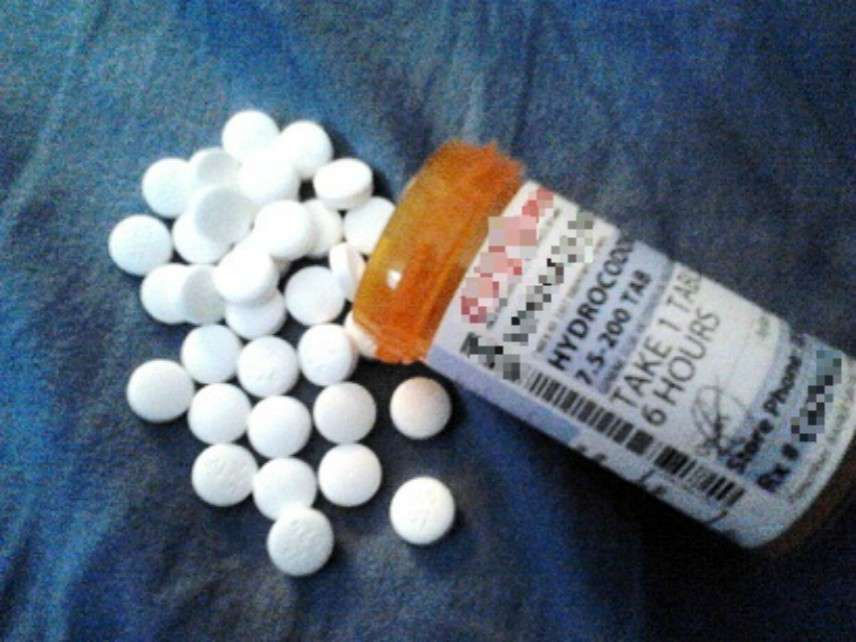Study of Postsurgical Patients Shows Addiction to Pain Pills Is Rare
- OurStudio

- Jan 22, 2018
- 2 min read

Wikimedia Commons
A new BMJ study of patients who received opioid analgesics after surgery, touted as evidence of how risky such prescriptions are, actually shows how rarely people become addicted in the course of treatment for acute pain. Tracking 568,612 opioid-naive patients who took prescription pain medication following surgery, Boston surgeon Gabriel Brat and his colleagues found that 5,906, or 1 percent, showed signs of "opioid misuse" during the course of the study, which included data from 2008 through 2016.
The outcome measure that Brat et al. used, "opioid dependence, abuse, or overdose," is a broad category that includes patterns of use falling short of what most people would recognize as addiction. That means the actual addiction rate in this study was less than 1 percent, although it's not clear how much less. The researchers note that "overall rates of misuse were low" but do not play up that angle. Instead they emphasize that the risk of misuse increased with the duration of the prescription.
"Each refill and week of opioid prescription is associated with a large increase in opioid misuse among opioid naive patients," Brat et al. write. For instance, "the rate of misuse more than doubled among those with one refill…versus those with no refills." But if you take a low number and double it, the number is still pretty low. The researchers say the incidence of opioid misuse rose from 145 cases per 100,000 person-years (roughly 0.15 percent annually) for patients with no refills to 293 cases per 100,000 person-years (0.29 percent annually) for patients who had one refill. The corresponding addiction rates would be substantially lower.
"Our study is highly suggestive of the conclusion that getting a refill increases your chances of opioid addiction," Brat told MedPage Today. "For surgical patients, it may be that we should focus less on the dose of opioids immediately after discharge and more on the length of time a patient is exposed to opioids."
Maybe, although the causality behind the correlation identified in this study may not go in the direction Brat suggests. It seems plausible that patients who like the psychoactive effects of opioids would be more inclined to ask for refills, in which case patients who are predisposed to addiction would be overrepresented in the group that received them. In other words, getting a refill may be a result rather than a cause of a higher addiction risk.
Either way, the overall results of this study should be reassuring, rather than alarming, for anyone who worries about getting hooked on pain pills after surgery. You would not get that impression from the MedPage Today story. "Each postsurgical opioid refill was associated with a 44% increase in misuse among opioid-naïve patients," reporter Judy George says in the second paragraph. "Likewise, each additional week of prescriptions bumped the risk of opioid misuse up nearly 20%, and misuse rates escalated when patients received more than 9 weeks of drugs."
A dozen paragraphs later, we learn that "overall rates of misuse were low" and get some sense of what that means in terms of rates. George is so keen to play up the risk of addiction that she says "the risk was nonzero even [when] prescription durations were shorter than 2 weeks." Nonzero is what science reporters say they think negligible is not scary enough.




Comments